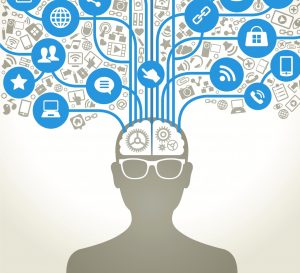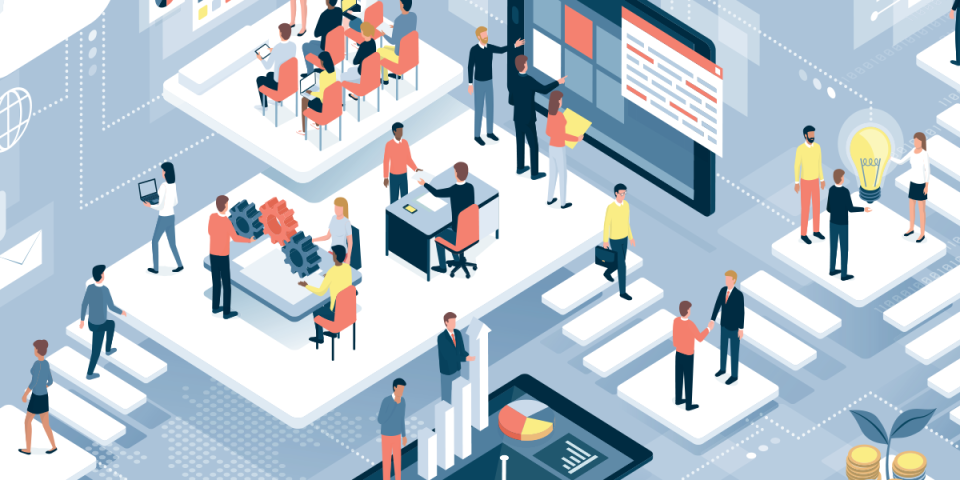
Learning to learn: Becoming a Superlearner – Improving memory. In my last blog on the role of memory in learning, I discussed how the brain formulates memories based on repeated exposure to sensory information in our environment and application of new knowledge in our daily lives. In this final blog on memory, I will turn to the important subject of improving our ability to remember something when we need it. we have developed effective techniques over time to help us remember when we need to. I will describe the most common memory techniques in detail below, but in general, memory is enhanced when we can associate something known with something unknown or something simple with something complex.
Among the most common memory techniques I will describe are the following:
Repetition (rehearsal and practice), Chunking (breaking complexity into smaller chunks (7 or less), Mnemonics (memory aids), Acronyms (abbreviations), Rhymes (poems, lyrics), Associations (links with Locations, Music/Sound, Visual/Colors, Numbers), Note-taking (writing improves memory) and Sharing/Teaching (learning by teaching). All these techniques share the common principle of making the unknown known to us, either through familiarity (repetition and use) or through association with something we already know (memory palace). Our long-term memory is generally divided into two types: recognition and recall. Recognition involves comparing a new experience with those previously encountered and deciding if a match exists. Recall involves recreating a past experience from our memory bank. The latter is obviously a more difficult task, since it requires us to not only recognize whether we have experienced something in the past, but to reconstruct it from the various locations in the brain where memories are stored. Though few are naturally gifted with photographic memories, we can all benefit from using the memory techniques outlined above. Our brain is a muscle that is flexible and capable of change. Like other muscles, we either use it or lose it. Besides improving our memories, we can also enjoy a more satisfying and impactful life by improving our ability to learn to learn.
